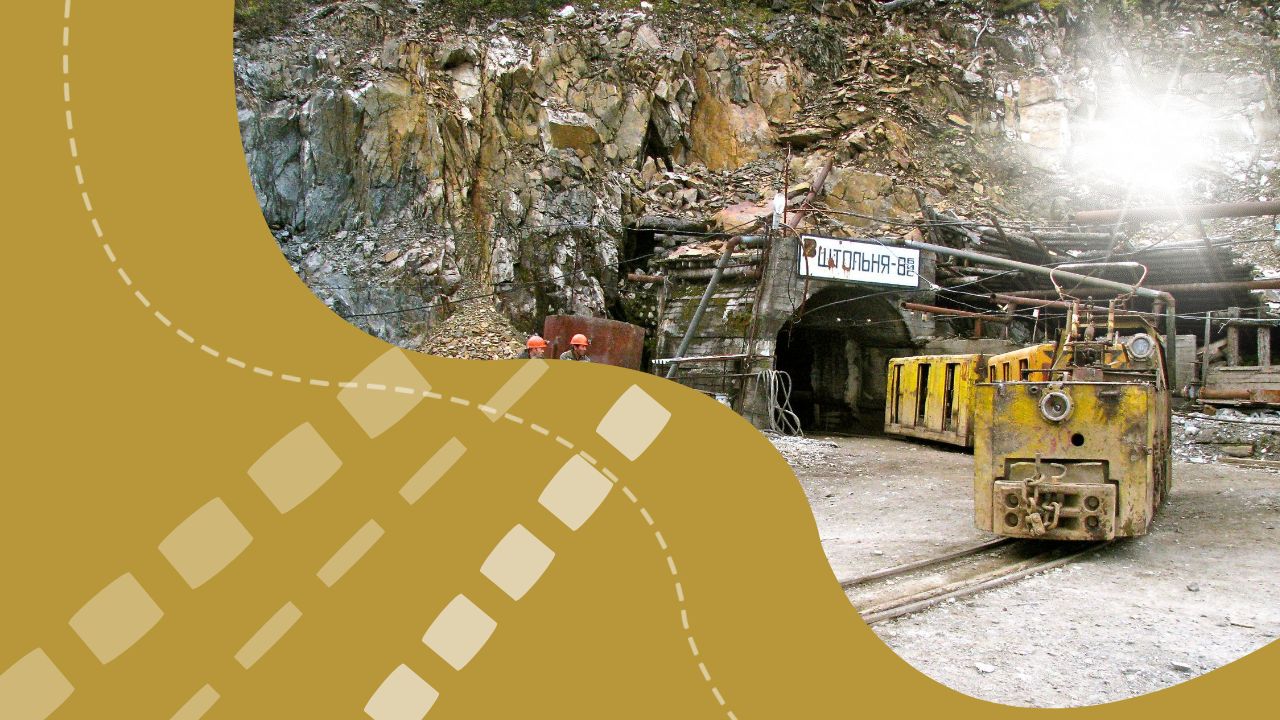The Polish economy’s competitiveness hinges on a transition to clean, safe, and sustainable energy. The updated strategy of the PGE Group is a direct response to the evolving geopolitical and economic landscape in Europe, as well as the shifting role of electricity, now recognized as the fuel of the future and a pivotal component in the security and sovereignty of European nations.
Wojciech Dąbrowski serves as the President of the Management Board of PGE Polska Grupa Energetyczna.
PGE’s revised strategy is a carefully considered, rational, and responsible blueprint for advancing Poland’s energy sector through modern solutions. Our commitment to environmental responsibility and sustainable development positions us as the first energy company in Poland to achieve climate neutrality by 2040, a decade earlier than originally planned.

The successful execution of this strategy owes much to the proactive measures of the Polish government, including the establishment of the National Energy Security Agency, tasked with overseeing Poland’s coal-fired generation sources. This decision, endorsed by rating agencies like Fitch and Moody’s, accelerates our transformation efforts. It enhances our capacity to secure funding for new investment projects while ensuring the systematic decarbonization of an energy sector currently reliant on coal (70%). Importantly, it safeguards the stability of our electricity system and supports jobs in existing conventional generation units, mines, and the communities around them, all while preserving Poland’s energy security.
PGE’s emerging energy mix will pivot towards renewable sources, with a prominent focus on offshore wind farms in the Baltic Sea, where we stand as Poland’s largest investor with a potential capacity exceeding 7 GW. Ensuring optimal utilization of renewable energy capacity, we will deploy energy storage facilities that also play a stabilizing role in a digitally managed distribution network. The renewable energy segment will be complemented by an ongoing nuclear power plant project in collaboration with our Polish and Korean partners, along with gas-fired power plants where hydrogen and biomethane will replace gaseous fuel after 2030. Customers remain a vital part of Poland’s energy transition, and we continue to expand our offerings, including photovoltaics, heat pumps, and home energy storage solutions, to support their energy independence.

Implementing PGE’s strategy requires unprecedented investments in Poland’s energy sector. By 2030 alone, we will invest more than EUR 27 billion. This substantial commitment will serve as a catalyst for job creation and the development of industries centered around modern energy in Poland. The green transition will significantly enhance Poland’s overall economic competitiveness on the global stage, driven by green energy.

